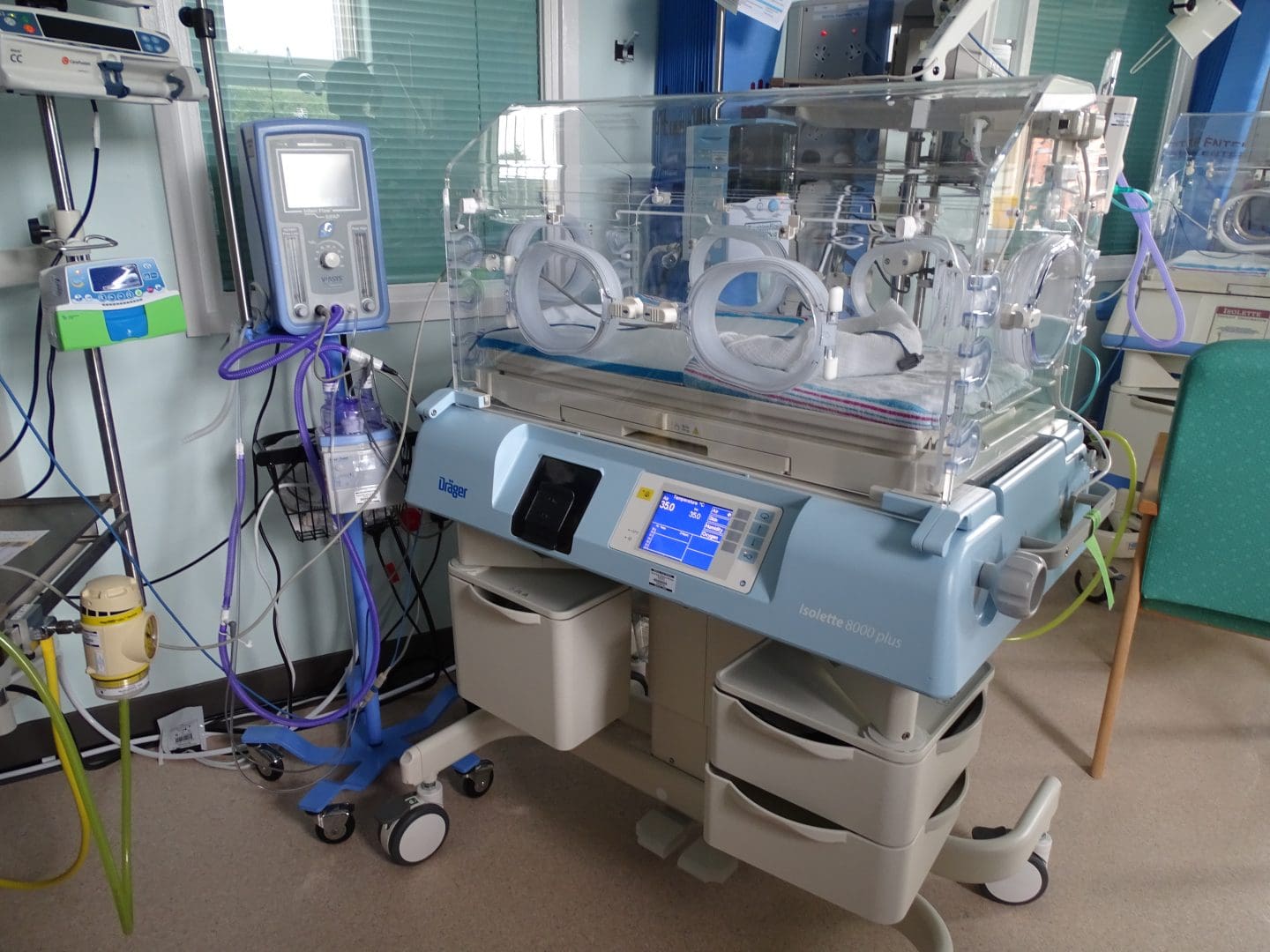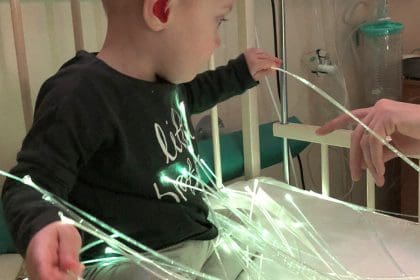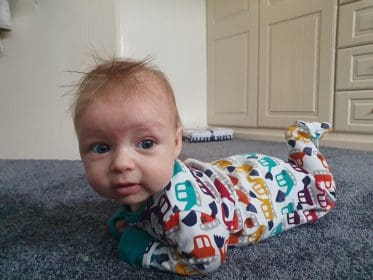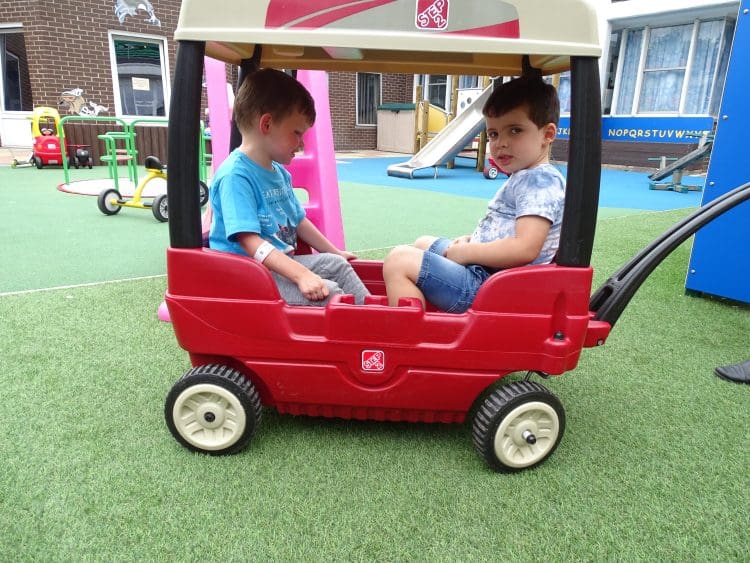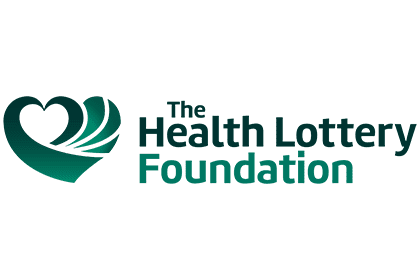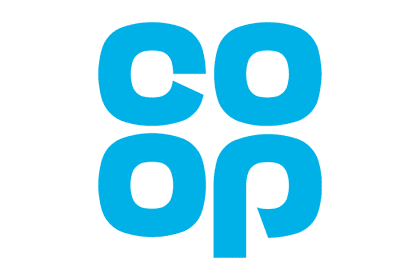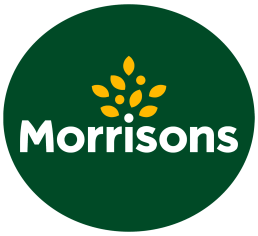One in seven babies in the UK needs specialist neo natal care after they are born. These babies may be born too early or with a low birth weight, or have a medical condition that needs treatment. We are raising funds for a new incubator for the neo natal unit at Croydon University Hospital to help keep new babies warm and safe from infection.
Incubators are vital pieces of equipment and can be lifesaving for babies like Robbie*, who was born prematurely at Croydon’s neo natal unit. Mum Georgina* explains: “My son, Robbie, was unexpectedly born at just 30 weeks and spent nearly three weeks receiving support from an incubator at Croydon University Hospital’s neo natal unit. Until Robbie’s arrival, I never really understood the full impact of an incubator on a baby’s life. Robbie was tiny and had no fat stores to protect him so the incubator was able to help his vital organs develop.”
Nearly 3,500 children are born in Croydon University Hospital every year, with over 400 babies requiring a stay in the neo natal unit. The new incubator will replace old equipment and improve the care and support given to premature and sick babies, including those with complex needs such as Down’s syndrome.
Georgina* says: “My son would not have survived without the incubator so this piece of equipment is a real life-saver. The care and support that both Robbie and I have received from the team at the neo natal unit has been wonderful and this new incubator would mean so much to everyone”.
*We have changed Robbie and Georgina’s names to protect their identity. The image used is an example of the incubators we have funded for other hospitals.

